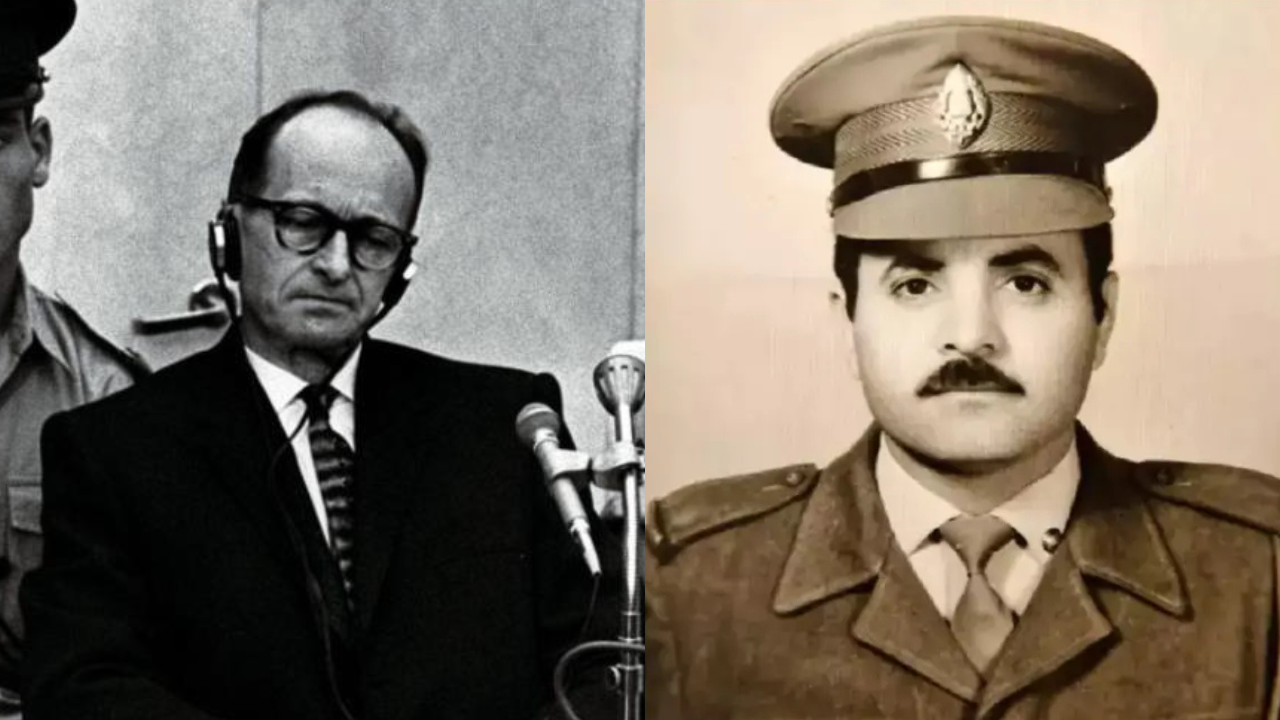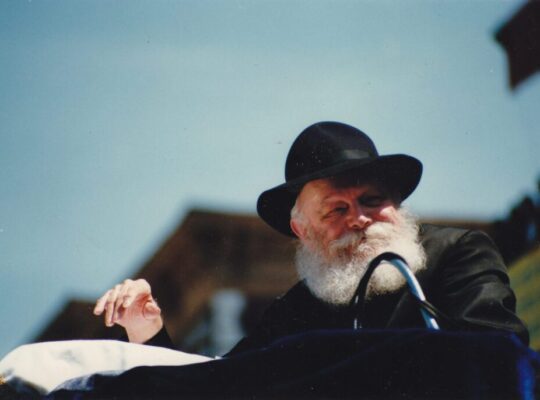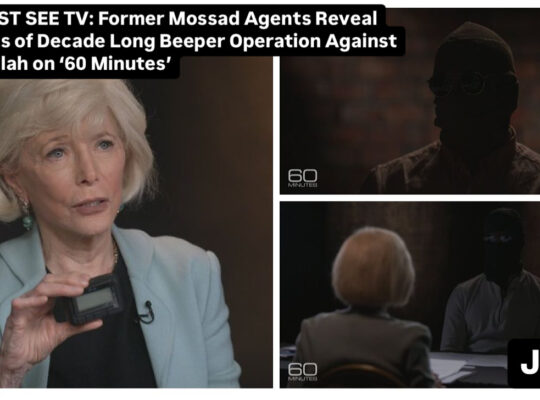
The man who carried out the execution of Nazi leader Adolf Eichmann has died at the age of 88.
Born in Yemen in the late 1930s, Shalom Nagar arrived in Israel as an orphan in 1948. After military service, he joined the prison service, never expecting to become entangled with one of history’s most notorious war criminals.
Eichmann, captured by Israeli agents in Argentina in 1960, was a key architect of the Nazi’s Final Solution. At his televised trial in Jerusalem, he faced charges of crimes against humanity and the Jewish people. Despite claiming he was ‘just following orders,’ he was convicted and sentenced to death in 1962.
As Eichmann’s personal guard at Ramle prison, Nagar’s duties included tasting the Nazi war criminal’s food for poison. Although he never volunteered for the role of executioner, he was nevertheless chosen for the task that would define his life.
For three decades, Nagar’s identity remained secret due to fears of reprisal. After Israeli journalists revealed his name in 1992, he began sharing his story, including vivid details of the execution night.
He described how Eichmann received a small glass of wine before his execution. When Nagar and his commander placed the noose around his neck, Eichmann refused an offered blindfold.
Nagar recounted making eye contact with Eichmann before stepping behind a screen. From there, he operated the release mechanism and the trapdoor opened. Eichmann’s body was left hanging for an hour to ensure death before guards approached. When Nagar was instructed to cut down the body, he saw that Eichmann’s face was white as chalk, with bulging eyes, protruding tongue, and blood on his front where the rope had chafed his neck.
As Nagar lifted the body to release it, trapped air in the corpse’s lungs escaped, causing Eichmann to emit a loud gasping sound that terrified Nagar.
After hanging the devil who sent millions of European Jews to the gas chambers, Nagar’s hands shook so severely he needed help walking and struggled to move the body for cremation.
“I felt the Angel of Death had come to take me too,” he told Mishpacha.
The execution deeply affected Nagar, who struggled with PTSD throughout his life afterward. His story was eventually documented in the 2010 film “The Hangman,” preserving his unique perspective on one of history’s most significant acts of justice.”












